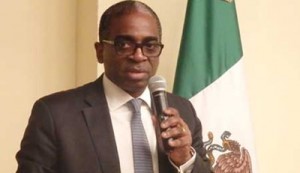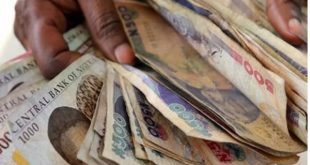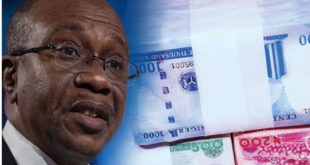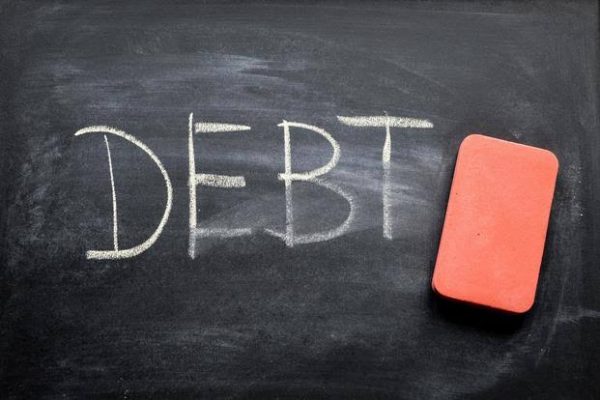
Following the continuous cases of rejection of Nigeria’s exported products mostly in European countries, the federal government on Tuesday constituted two committees to reduce the level of rejection of non oil products exported from the country.
This came as Nigerian exports across the world face intense scrutiny, with attendant rejection of such exports.

The committees set up are the Trade Information, Export Procedure and Documentation committee; and the Capacity Building, Quality Standards and Compliance committee.
Speaking on the imperative of the committees, the Executive Director, Nigerian Export Promotion Council (NEPC), Mr. Segun Awolowo, said the inter -agency committee on non oil export would be charged with the responsibility of proposing measures to address the bottlenecks associated with export procedures of made-in-Nigeria products.

He explained that the committee would also “access the present inspection and certification procedures, identify gaps and recommend appropriate solutions.

He added that the committee would propose measures that would enhance trade facilitation between Nigeria and trading countries by availing the Nigerian exporting community with current importing countries’ standard quality and documentation requirements.
Awolowo stated that the setting up of the committee is geared towards ensuring that Nigeria’s export are embraced given that the country is currently facing the most severe case of rejection of exported goods when compared to other countries within the ECOWAS sub region.
Awolowo observed that World Bank’s statistics indicated that developing countries could incur a potential loss of $6.9billion from rejection of exportable items by the end of this year.
He said: “Failure to comply with international requirements had resulted in product depreciation and in most cases rejection leading to drastic financial losses.
“Nigeria compared with several countries in the ECOWAS region is facing the most severe cases of rejection of exported goods with relevant economic consequences.
“Nigeria, like other developing countries who wish to enter the global market, must be able to count on standards-related facilities including access to pertinent quality infrastructure.
“We are on the EU restricted list for some products which stipulates that there should be 50 per cent physical inspection for specified imported food items thereby acting as a barrier to food export trade.”
The NEPC CEO bemoaned the level of rejection of non oil export products, stressing that, this has resulted to reduction in the number of agricultural exports from Nigeria, led to trade imbalance as well as suspension of imports from Nigeria of some products.
The committees members are drawn from government agencies such as the NEPC, Ministry of Trade and Investment, Standards Organisation of Nigeria, Nigeria Custom Service, Central Bank of Nigeria and the National Agency for Food and Drug Administration Control.
Some of the members of the committee who spoke at the event called for a proactive measure to address the issue of standardisation of made in Nigeria products.
Also, the Deputy Director, Standards Organisation of Nigeria (SON), Mr. Louis Njoku, said the ban placed by the EU on Nigeria exports is affecting the country negatively.
“This is an assignment that we need to get right. The solution that we must come up with in order to address this problem should be devoid of sentiments for the best interest of the country,” Njoku maintained.
 MMS PLUS NG – Maritime, Aviation, Business, Oil and Gas News Online Newspaper with coverage in Maritime, Oil and Gas, Aviation, Power and Energy as well as Financial News
MMS PLUS NG – Maritime, Aviation, Business, Oil and Gas News Online Newspaper with coverage in Maritime, Oil and Gas, Aviation, Power and Energy as well as Financial News









